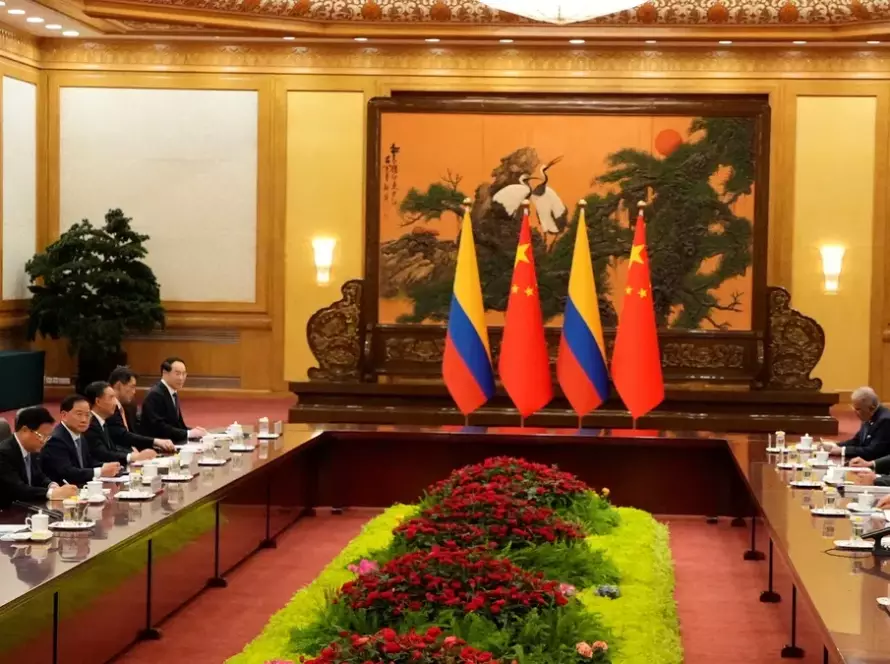The U.S. Federal Reserve raised its key interest rate Wednesday for the 11th time in 17 months, a streak of hikes that are intended to curb inflation but that also carry the risk of going too far and triggering a recession.
The move lifted the Fed’s benchmark short-term rate from roughly 5.1 per cent to 5.3 per cent — its highest level since 2001. Coming on top of its previous rate hikes, the Fed’s latest move could lead to further increases in the costs of mortgages, auto loans, credit cards and business borrowing.
Though inflation has eased to its slowest pace in two years, Wednesday’s hike reflects the concern of Fed officials that the economy is still growing too fast for inflation to fall back to their 2 per cent target. With consumer confidence reaching its highest level in two years, Americans keep spending — crowding airplanes, traveling overseas and flocking to concerts and movie theaters. Most crucially, businesses keep hiring.
In a statement it issued, the Fed said the economy “has been expanding at a moderate pace,” a slight upgrade from its assessment in June.
Speaking at a news conference, Chair Jerome Powell revealed that the Fed’s staff economists no longer foresee a recession. In April, the minutes of the central bank’s March meeting had revealed that the staff economists envisioned a “mild” recession later this year.
“Given the resilience of the economy recently,” he said, “they are no longer forecasting a recession.”
A key question swirling around the Fed is whether Wednesday’s increase will be its last or whether it will hike again later this year. At his news conference, Powell said the central bank has made no decisions about any future rate increases. But he made clear that the fight against inflation isn’t over.



